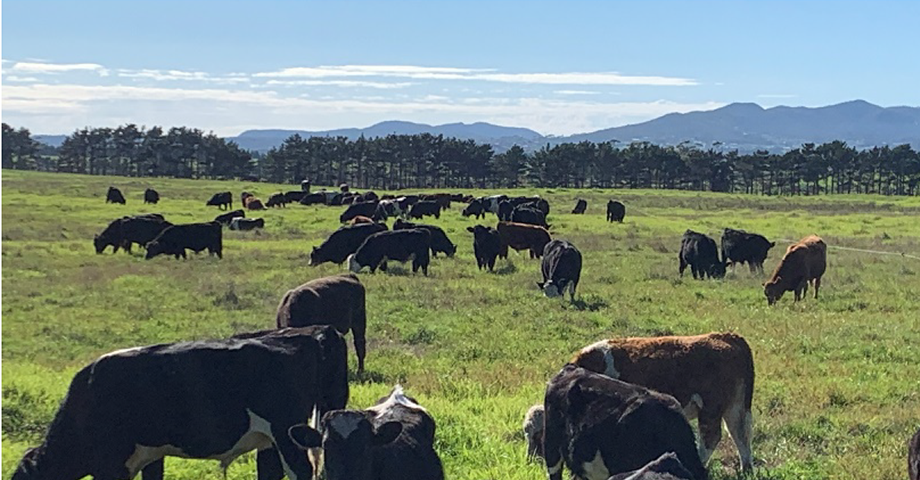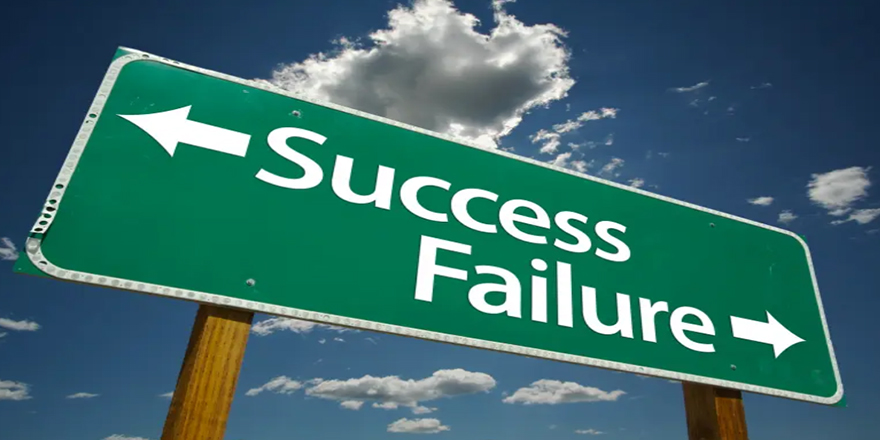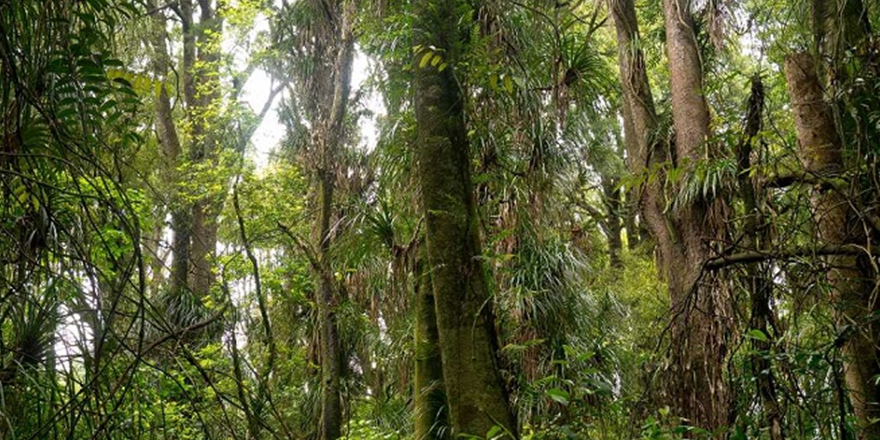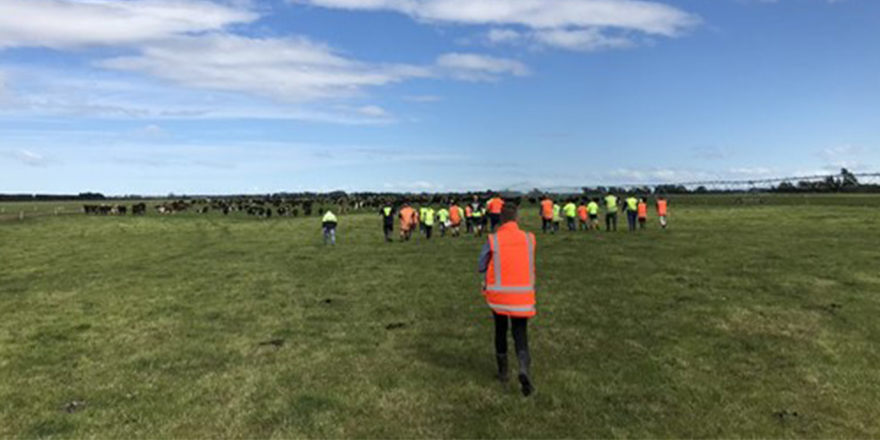
Executive Summary
Industries do not change when new systems are introduced, they change when people adapt to those new systems.
COVID-19. New Zealand Lockdown. We all lived through not knowing what was coming next. What does this have in common with Greenhouse Gas (GHG) emissions? Uncertainty and imposed change.
While as a nation we were unsure how long Lockdown would go for, farmers do not know what regulations will come into place and in some instances if their businesses will survive. For both COVID-19 and GHG system changes, there is no known endpoint, you cannot see the virus or gases and the science is evolving. Both are technical challenges with critical social components. And finally, both have a large amount of imposed change in a pressured timeframe.
The objective of this report is to build awareness. Awareness of what people are experiencing internally before being able to accept and embody change. Lockdown has given a global lesson in empathy. In my opinion, building a community of support, where people can lean on each other when they are struggling and celebrate with each other when they win, is crucial for achieving decreased GHG emissions.
Achieving reduced GHG emission targets is a New Zealand Inc challenge, not solely an Agricultural sector challenge. This report proposes a Team New Zealand approach to achieving national GHG emission targets.
This report explores the social aspect of a GHG induced system change from two perspectives: a psychological and an imposed change management view. The example of Lockdown is used as is a recent shared lived experience at a national level and as such, one all New Zealander’s can relate to. The report proposes increased awareness at a national level of the change farmers will have to undergo. The metaphor of Lockdown is used as all New Zealanders experienced it and as such, it is an efficient way to build empathy for those facing imposed GHG regulations and the resulting on-farm system change.
During Lockdown, uncertainty was great. The end goal of stopping the spread of COVID-19 was known, but the plan to get there could change at any time. Different numbers were reported from various sources internationally. It was confusing. There are elements of contested science including treatment methods, the effectiveness of masks and the Lockdown approach in general. And what does compliance look like? If a vaccine is successfully developed, will we maintain our autonomy, or will vaccination be mandatory?
Consider the above while thinking about farmers facing impending GHG regulations. The end goal to decrease New Zealand’s GHG emissions is known. New Zealand’s farming practices will have to change. However, the plan to achieve reduced emissions is not confirmed. And when it is, changes to that plan appear inevitable. The numbers are changing as the science evolves and this leads to confusion. There are elements of contested science including measurement and definitions. And what does compliance look like? How much autonomy will farmers retain and how much will compliance cost?
The psychological Stages of Impact experienced due to COVID-19 have been documented and are applied and compared to facing imposed regulations. The stages are information overload, concern, confusion, panic, fear and end with sadness. This conveys what farmers might experience facing impending GHG regulations.
As a nation, we experienced moving through the Imposed Change Curve; a seven-step change model. Initially there was (1) shock and (2) denial. Blame was bandied about as (3) frustration grew. Energy levels and motivation was low as we navigated the (4) depression stage. The stage where uncertainty about the future is felt the most. But as we started to (5) experiment with the new systems and developed our capability within the new rules, our confidence grew. It is (6) decided to slowly accept change until it becomes fully (7) integrated. People may not agree or like the change, but it is accepted as the way things are.
During Lockdown, there were certain events that helped with the uncertainty: The 1pm updates by the Prime Minister and senior officials with confirmed case numbers and next steps. The fact that we were all working together as a nation to reduce the spread and save lives. Friends and family who provided support through Zoom and messages. The common theme – conversation and community.
To achieve GHG emission targets, this report proposes:
- A cohesive Team New Zealand who all understand their role in reducing emission numbers: A New Zealand Inc. approach is taken. Team New Zealand rises to the challenge, not just New Zealand farmers. Achieving GHG targets also secures trade relationships and the trust of the international consumer. In turn, the Primary Industries contribute to New Zealand’s economy and thus the prosperity of the nation. Road transport accounts for a large proportion of emissions alongside agriculture – we all need to work together to make a difference
- A trusted face of GHG mitigation with national recognition: A national GHG representative who the general public recognises and trusts. Like Dr Ashley Bloomfield during COVID-19. This person would communicate quality information, strategies and tactical plans. This role is important for gaining momentum at a national level
- Practices and support to build and grow resilience: Resilience is crucial for enduring times of uncertainty. Creating awareness of what the stages of imposed change feel like and providing tools to better support farmers through those stages. The sector has a mental health issue that needs support. Furthermore, adaptation at the rate that is required requires resiliency
We have a rich history in being innovative and resourceful to solve difficult problems. We have shown the world what is possible when Team New Zealand pulls together. Pulling together to achieve GHG emission targets is the right thing for us to do.




